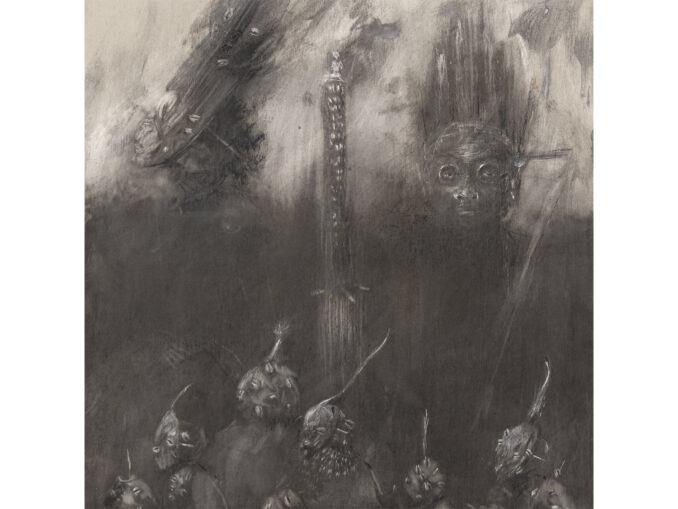
Our history, as humans, is pretty piss poor.
Sure, we’ve got pluses in our column—it is our column after all so I’m not sure if pigs, cows, the ocean or tress would agree—but they are, by and large, in the service of those in power. Human nature, as it turns out, is no great friend to humans or nature.
From the liner notes of Moor Mother’s The Great Bailout, released to today on Anti-:
So what is the terrain we are invited to navigate?
Think: two Acts of Parliament: the 1833 Slavery Abolition Act that established a four-year period of ‘apprenticeship’ during which the enslaved in the British Caribbean would transition from being ‘slaves’ to being free. And the 1835 Slavery Abolition Act – a loan that allowed the British Government to borrow £20 million [£17 billion in today’s money] with which to ‘compensate’ 46,000 slave owners who were losing their ‘property’ because of the legal abolition of slavery. A loan that was one of the largest in history. A loan that equaled 40% of the Treasury’s annual income. A loan that was only finally paid off in 2015. A loan that all payers of tax in the UK helped to pay off — which means that all those descendants of the once enslaved, including the so-called Windrush Generation, also helped to pay off.
Think: British Government hubris and historical inaccuracy. “Here’s today’s surprising #FridayFact. Millions of you helped end the Slave Trade through your taxes,” announced The Treasury in a Tweet on February 9th, 2018. It wasn’t for the ending of the trade; it was for the ending of ownership of black life that taxpayers helped pay for.
Think: Not one of the enslaved received a penny in the form of compensation.
Think: two British Prime Ministers – William Ewart Gladstone, Prime Minister on four occasions between 1868 – 1894, and David Cameron 2010 – 2016, both of whose ancestors received ‘compensation’.
Think: all of this through the prism of two Acts and the histories they encode, and you know the terrain of ‘The Great Bailout’. “Displacement and its effects are not discussed enough,” Moor Mother says. “The PTSD of displacement should be a focus, and as we have the opportunity to learn about things happening in the world, we also have the opportunity to learn about ourselves. We’ve been through so many different acts of systematic violence.”
So much suffering surrounds us I find it nearly unfathomable that some artists create great works of power and beauty from these ashes.
